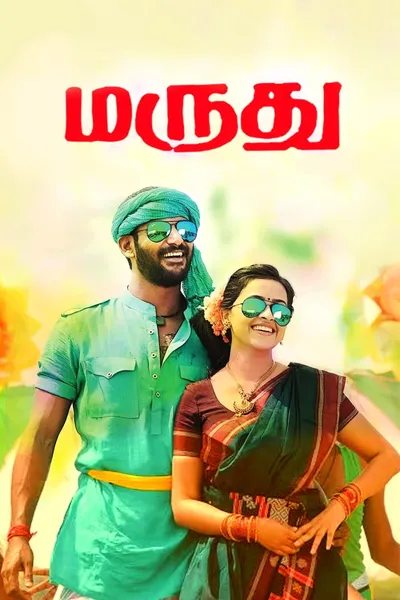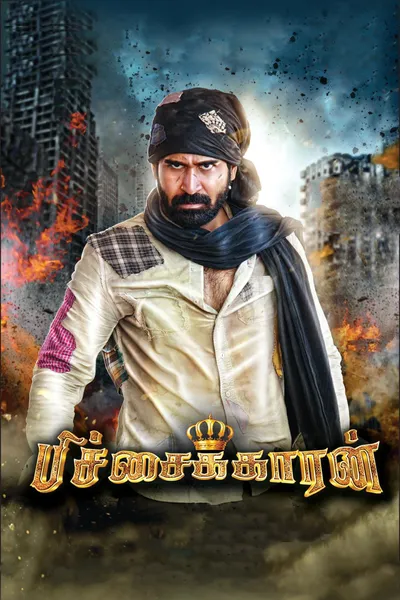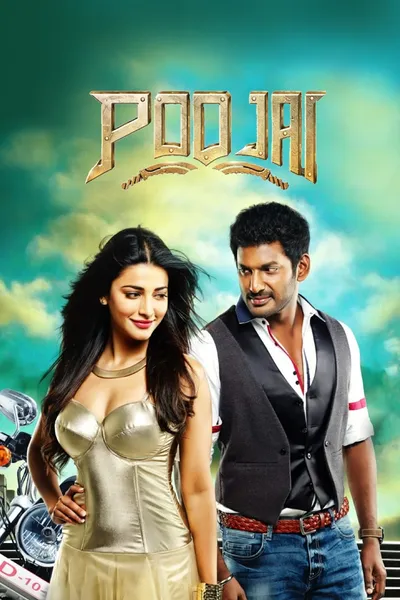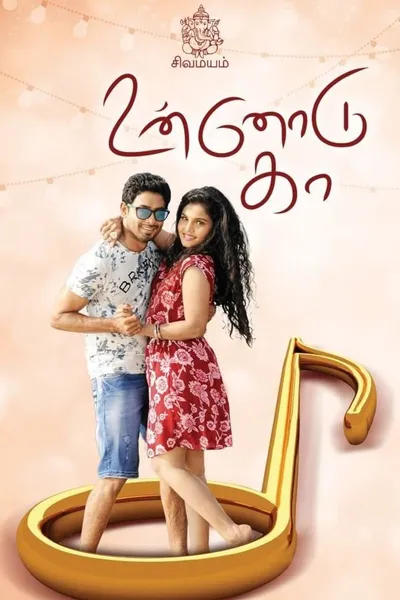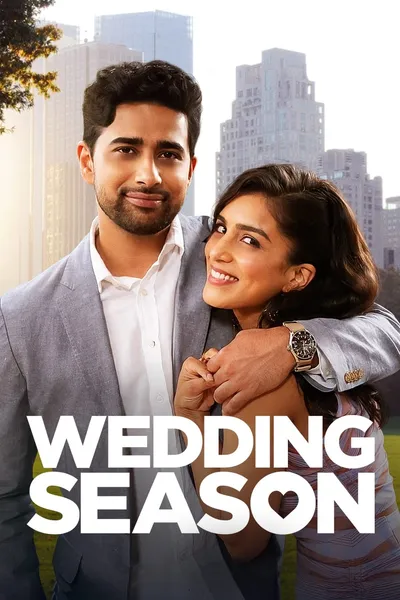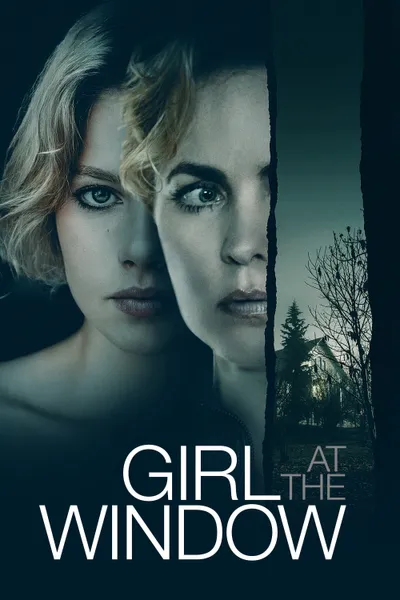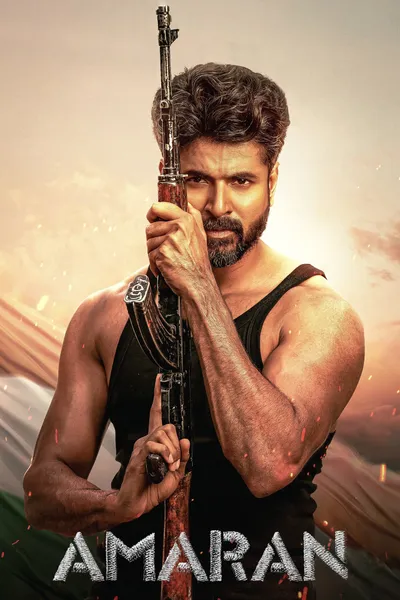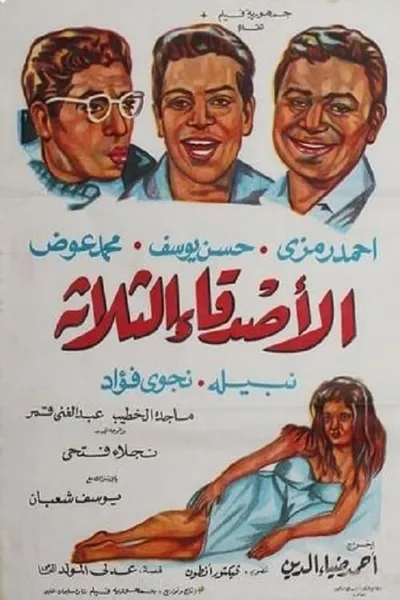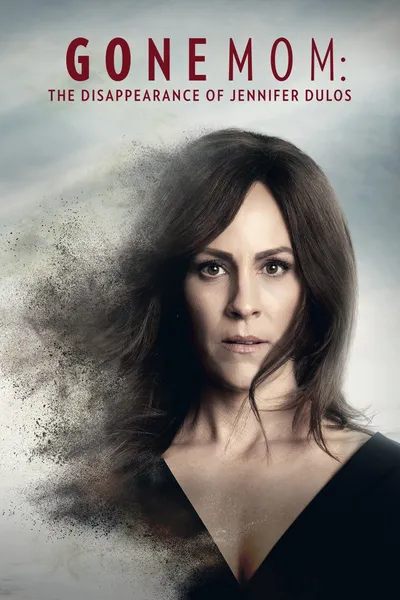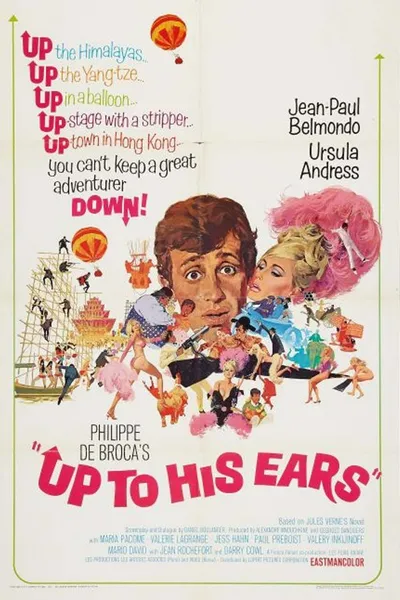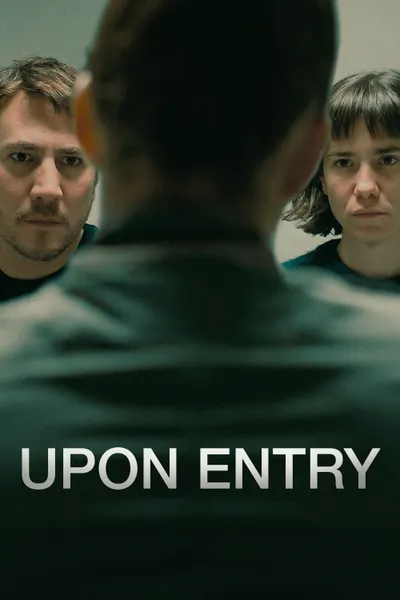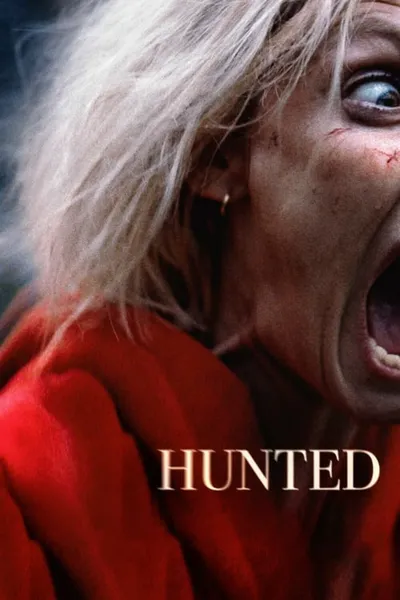Reviews
timesofindia
May 25, 20166.0
Going by his three films so far (Kutti Puli, Komban and Maruthu), it is evident that Muthaiah has a skill for capturing rural areas with a rawness and staging action scenes that make us feel every bone-crunching punch and slice of a sickle. His plots, which are recycled tropes of many masala films, have been the weak links in his films and he compensates this with his unabashed use of violence and melodrama, thus ensuring that his films have something to satisfy youngsters and the family crowd. And his heroes are daring men, who possess inhuman strength and ferocity. In Maruthu, people refer to the hero, Maruthu (Vishal) as "inathula singam, gunathula puli" (as if this wasn't enough, the guy sports tattoos of lions on his arms and tigers on his chest). And he makes his introduction when the villain, Rolex Pandian (RK Suresh, who gets another menacing villain role after Thaarai Thappattai), "Aniyayam panna saami avatharam eduppara?"
Maruthu is a sort-of coolie at the local market. His world revolves around his appatha (Kulappulli Leela) and sidekick Kokkarako (Soori, funny to an extent). Rolex Pandian, meanwhile, is a ruffian who is hoping to move to the next level — politics, with help from the local bigwig Bayilvan (Radha Ravi). To do this, he must first eliminate Bakkiyam (Sri Divya), the daughter of Silambam Maariamma, a woman whom he had hacked to death. But, Maruthu's appatha has her own reasons for not letting this happen.
In Maruthu, Muthaiah combines a couple of angles from his previous films and presents them as a whole, new film. In the place of the father-in-law in Komban, here, we have the grandmother. In the place of the intrepid hero's mother in Kutti Puli, here, we have the heroine's mother. And he sprinkles some comedy and romance (which is so generic) to lighten the mood now and then.
The film also feels overlong, and characters and their relationships are so broadly sketched that Muthaiah doesn't make us care for these characters as much as we should. Take for instance Maruthu's affection towards his grandmother. We are given a flashback to show why she matters to him, but when they are together, we never sense their closeness. One reason for this is the casting. This is the kind of paati role that we have seen earlier in Dhool, but Kulappulli Leela, though she looks the part, tries to make up for her unfamiliarity with the language (the lip-sync is quite terrible) by going for exaggerated expressions. We keep thinking how the late Manorama would have aced these scenes.
What keeps us engaged is the way in which the director withholds information in the first half and reveals them gradually in the second. Once we begin to understand the characters' motivations (like, why did Maruthu's grandmother want him to fall in love with Bakkiyam), we become a bit more invested in the outcome of the story. And there is an assuredness in how Muthaiah narrates this formulaic tale that keeps us from getting bored.
Recommendation Movies
Pichaikkaran2016
Poojai2014
Unnodu Ka2016
As
Scooby-Doo! and the Beach Beastie2015
Wedding Season2022
Girl at the Window2022
Amaran2024
The Three Friends1966
Gone Mom: The Disappearance of Jennifer Dulos2021
There Are No Saints2022
Up to His Ears1965
Upon Entry2023
Asteroid: Final Impact2015
Doctor Who: Deep Breath2014
GirlHouse2014
The Eye 22004
Ask Me What You Want2024
Hunted2021
Daytime Shooting Star2017
© 2025 MoovieTime. All rights reserved.Made with Nuxt
